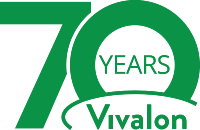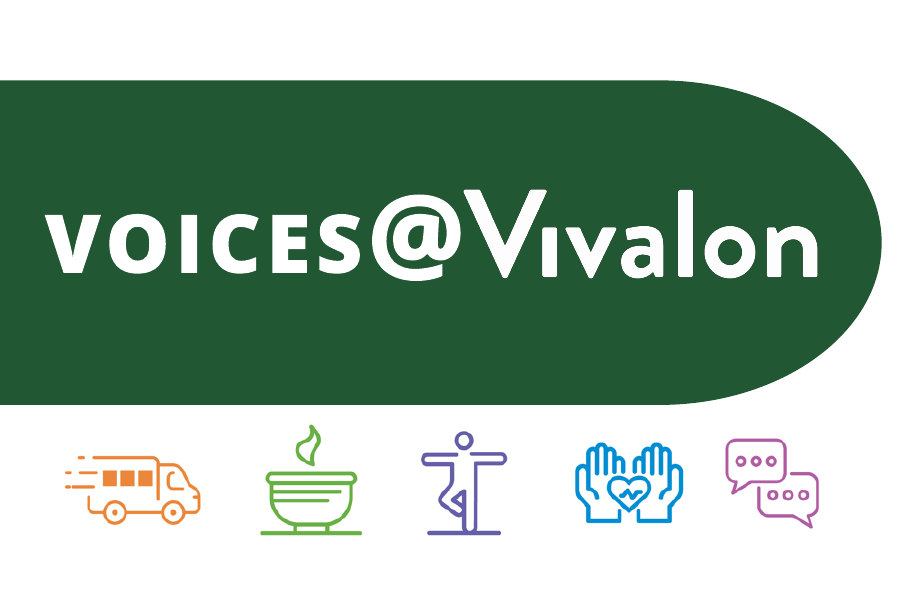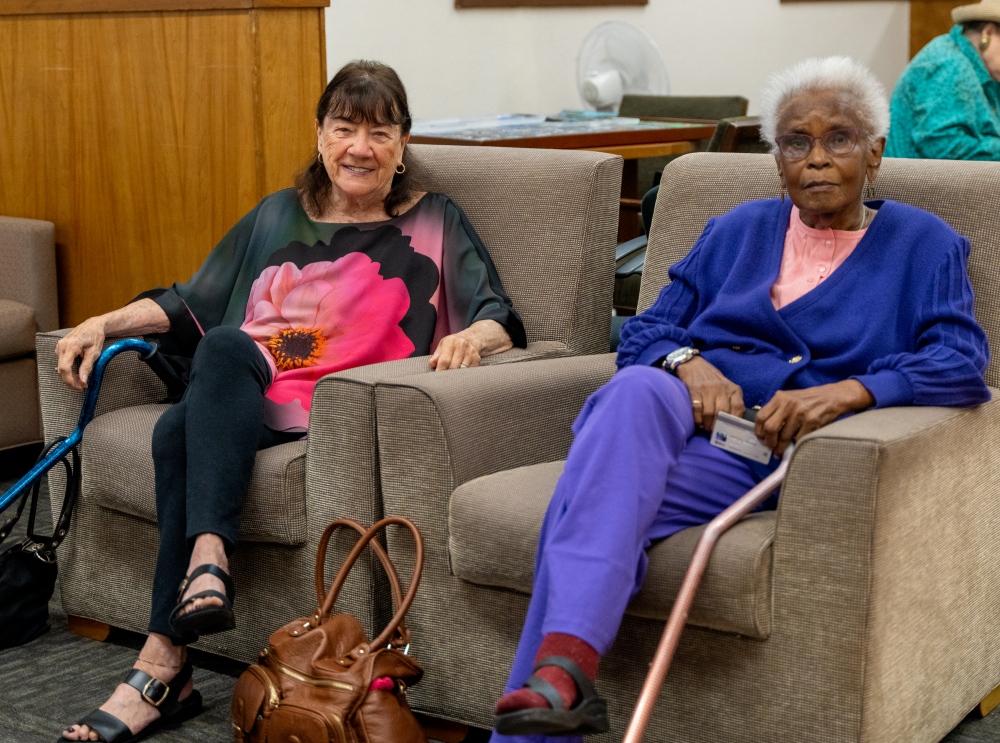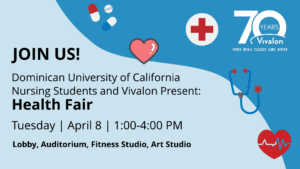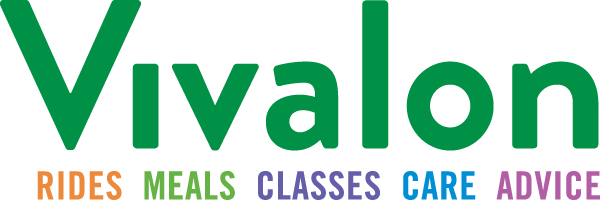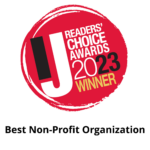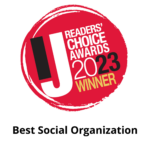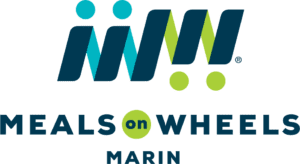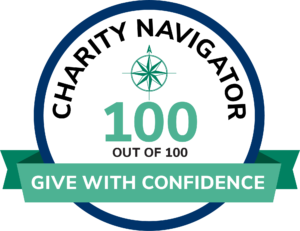Alzheimer’s and Brain Awareness Month
June is Alzheimer’s and Brain Awareness Month, an important time of the year to raise awareness about the impact, risk factors, resources for support, and early detection of a disease that affects an estimated 6.5 million people in the U.S.
Alzheimer’s is a progressive brain disease with devastating consequences for both the person experiencing symptoms as well as their loved ones as memory loss, difficulty communicating, mood swings, and behavioral changes drastically alter daily life.
There is no cure, but every year, experts learn more about the potential causes and opportunities to reduce our risk factors. It may come as no surprise that scientists have linked brain health with exercise, diet, and heart strength. Another factor that has continually shown to impact our well-being as we age is social connection.
We are understanding the true impact that social activity has on healthy aging more than ever before. Last month, the U.S. Surgeon General Dr. Vivek Murphy declared loneliness and isolation a new epidemic in America. Simultaneously, healthcare institutions around the world have been sounding the alarms about social frailty and its connection to physical and mental health, as highlighted in a Marin Independent Journal article titled “Being ‘socially frail’ comes with health risks for old adults,” published in April.
According to the article, “Social frailty is a corollary to physical frailty, a set of vulnerabilities (including weakness, exhaustion, unintentional weight loss, slowness and low physical activity) shown to increase the risk of falls, disability, hospitalization, poor surgical outcomes, admission to a nursing home and earlier death in older adults.”
The article continues to explain that, “Those who are socially frail similarly have fewer resources to draw upon, but for different reasons—they don’t have close relationships, can’t rely on others for help, aren’t active in community groups or religious organizations, or live in neighborhoods that feel unsafe, among other circumstances.”
While there is no known hard-and-fast prevention for Alzheimer’s, being socially connected to a community of peers and resources plays an important role in recognizing symptoms and keeping our brains healthy. Having those strong social relationships provides a network of support in the case of a medical emergency and increases the possibility of early diagnosis or mitigating risk factors. At the same time, equitable access to rides, meals, classes, care, and advice can have a positive effect on overall wellbeing.
“This encapsulates what we have been working toward in regards to healthy aging,” says Stephanie McNally, Vivalon’s Chief Programs Officer, “and it’s a good context in which to think about our new Healthy Aging Campus and all of the programming we will have there. We want to give more Marin residents reasons to come to the Healthy Aging Center every week to engage with others, learn new skills, eat at Jackson Café and even engage in volunteering. The social groups, book clubs, and presentations are just as important as the yoga and Zumba classes, and with our new falls prevention and technology programs, older adults have more tools and opportunities to connect with the resources they need in their daily life. Plus, so much of what we do is accessible and affordable because our number one goal is to make healthy aging equitable.”
Of course, social connection alone cannot prevent Alzheimer’s or dementia. Many factors contribute to our brain health. As we deepen our understanding of the disease, Vivalon works to create a connected community where older adults can access the services they need for vibrant, healthy lives.
Please join us this month in raising awareness about Alzheimer’s, dementia, and other types of brain diseases. If you or a loved one has been affected by Alzheimer’s and is need of help finding resources for support, we encourage you to contact our Resource Office at 415-456-9062. We also invite you to join neurologist Dr. Madison for a memory screening on Thursday, June 14. Call 415-456-9062 to register for your 60-minute appointment at the Healthy Aging Center.
